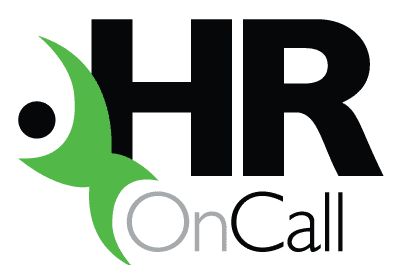Key Performance Indicators (KPIs) are metrics used to track an organisation’s or an employee’s progress towards a business goal or objective. It is a powerful tool for managers but one that is sometimes misunderstood or incorrectly implemented. Here’s how to get it right.
KPIs are the link between where your business wants to go and how it will get there
KPIs are measurable values that help managers understand how well the company and its employees are tracking against important business objectives or goals. Understanding and using KPIs effectively is an extremely powerful way to manage business performance and motivate employees. But there are some key things you need to know and get right to make KPIs work for you:
#1 KPIs are not goals
A KPI is a distinct, trackable, and measurable metric. It is different from a business goal or objective, which is a specific destination the company wants to get to. For example, a business goal might be to turn over an extra million dollars within twelve months. KPIs are the metrics used to track whether the company is heading towards achieving that goal.
It’s very important to effectively link KPIs to specific business goals while understanding that the KPIs themselves are not the goals – they are just the markers on the way towards it.
#2 KPIs are unique to your business
Not everyone needs to measure the same things, but every business should make sure they measure the right things.
Apart from aligning KPIs to business goals, business owners should also make sure that KPIs are measurable, meaningful, and not in conflict with each other. For example, if a business goal was to improve customer satisfaction, but a KPI tracks decreasing customer complaints – the KPI could actually be in conflict with the business objective. In this instance, it may be beneficial for the business to focus on increasing customer feedback in order to improve satisfaction – and this may mean embracing customer complaints rather than aiming to reduce them.
#3 KPIs for evolving workplaces
With a rise in flexible work arrangements, setting the right KPIs to evaluate teams and individuals is more important than ever. In many organisations, the COVID pandemic has created a shift away from a performance focus to an output focus. With changing work arrangements, it’s important for managers to make sure metrics like KPIs are aligned with the new realities and requirements businesses must adjust to.
And with so many rapid changes in the way people work, it’s also a good idea to develop KPIs in consultation with employees – so that everyone is on the same page and feels a sense of ownership about the metrics that are tracked and evaluated.
#4 Three or four KPIs are plenty
Businesses may have many KPIs, but individual employees should only be given a handful to focus on. This is because human beings cannot focus on and process huge chunks of information. Creating a meaningful, shortlist of KPIs, specific to their department or role gives employees the opportunity to really engage with and take ownership of each metric. Some examples of common KPIs are:
Sales KPI examples
- Monthly sales growth
- Cost per lead by channel
- Customer turnover rate
Marketing KPI examples
- Cost per lead
- Retention rate
- Media ROI
Finance KPI examples
- Net profit margin
- Current accounts receivable
- Debt to equity ratio
Project management KPI examples
- Schedule variance
- Missed milestones
- Return on investment (ROI)
#5 Communication is the key to success
Communication and consultation are very important when setting and tracking KPIs. When managers are transparent about which KPIs are being measured and why employees can better focus on aligning their efforts with the desired business outcomes. KPIs become a natural part of the every day – rather than a scary and onerous mark they receive periodically, like an exam grade.
It’s important that KPIs are communicated in the natural language of the business, so if the words “Key Performance Indicators” aren’t part of the language or culture in your workplace, use alternative terms that will resonate better.
#6 Keep KPIs positive
Any regular monitoring and reporting can have the effect of making employees feel a little vulnerable and concerned about their job security – especially when KPIs reveal a problem.
It’s important to keep communications around KPIs positive and focused on using the tool to help employees better understand and manage any areas which may need improvement. In this way KPIs become a valuable tool not just to inform managers but to provide employees with instant feedback too.
Need personalised advice?
Call us today for a free, no-obligation discussion about how your business can use KPIs more effectively.


